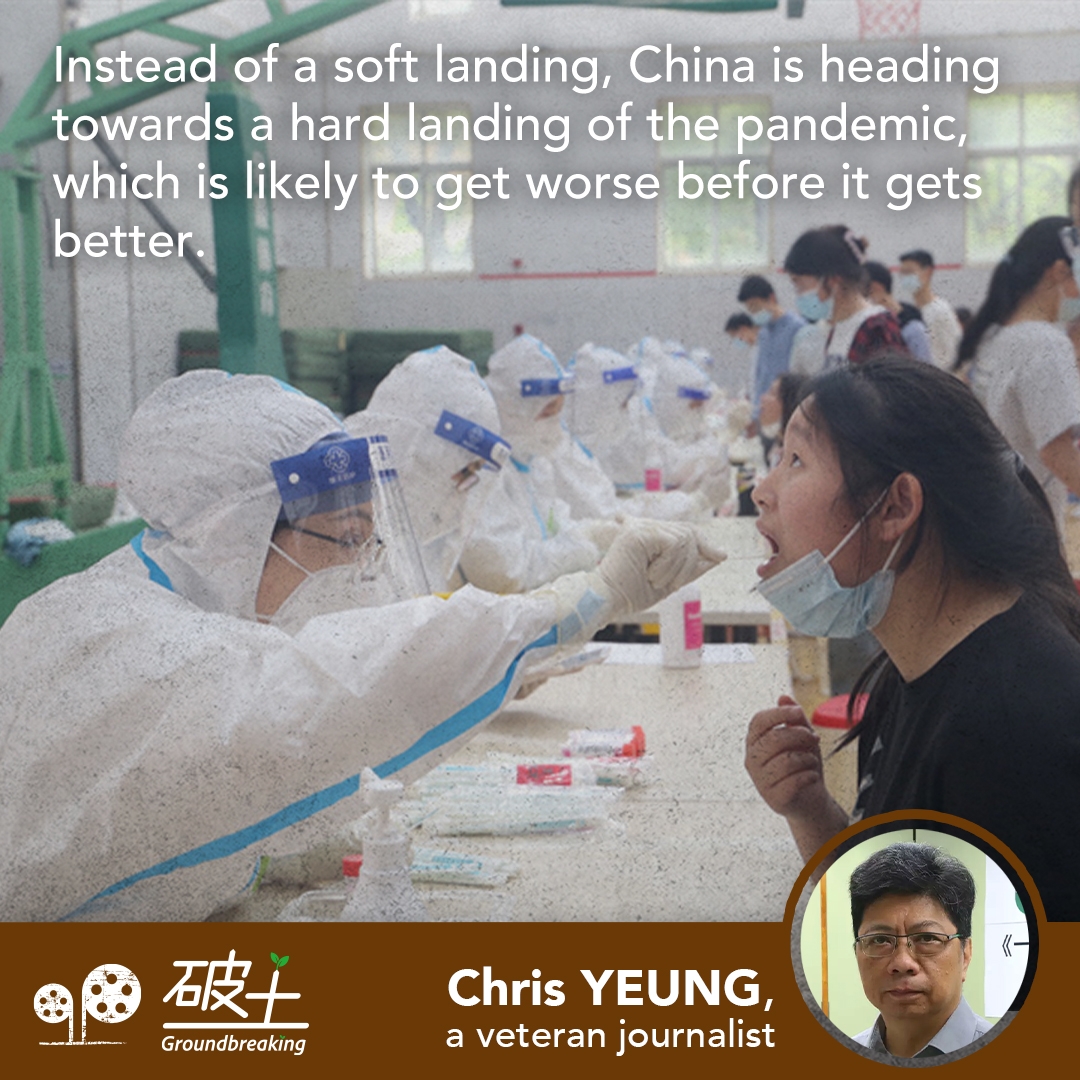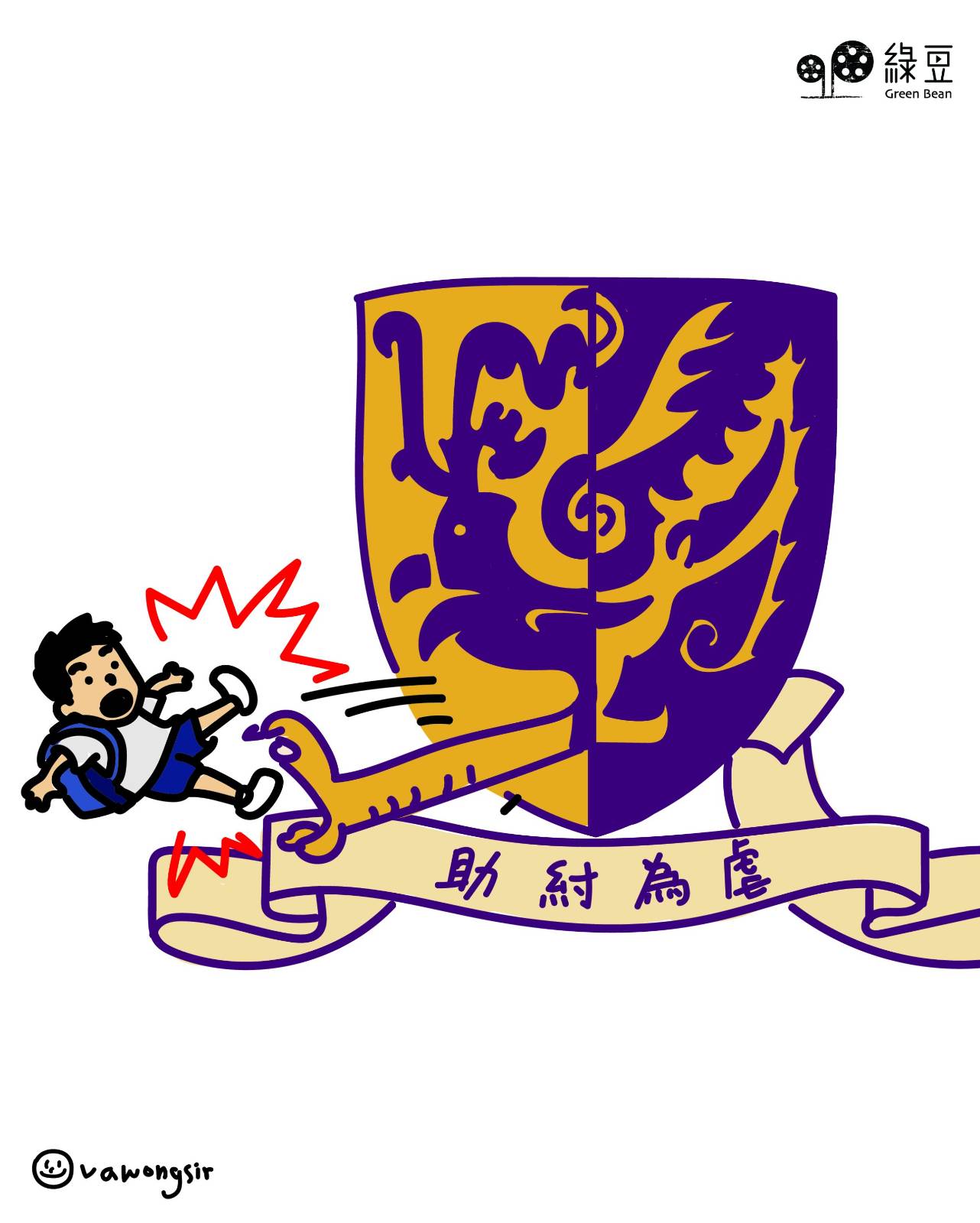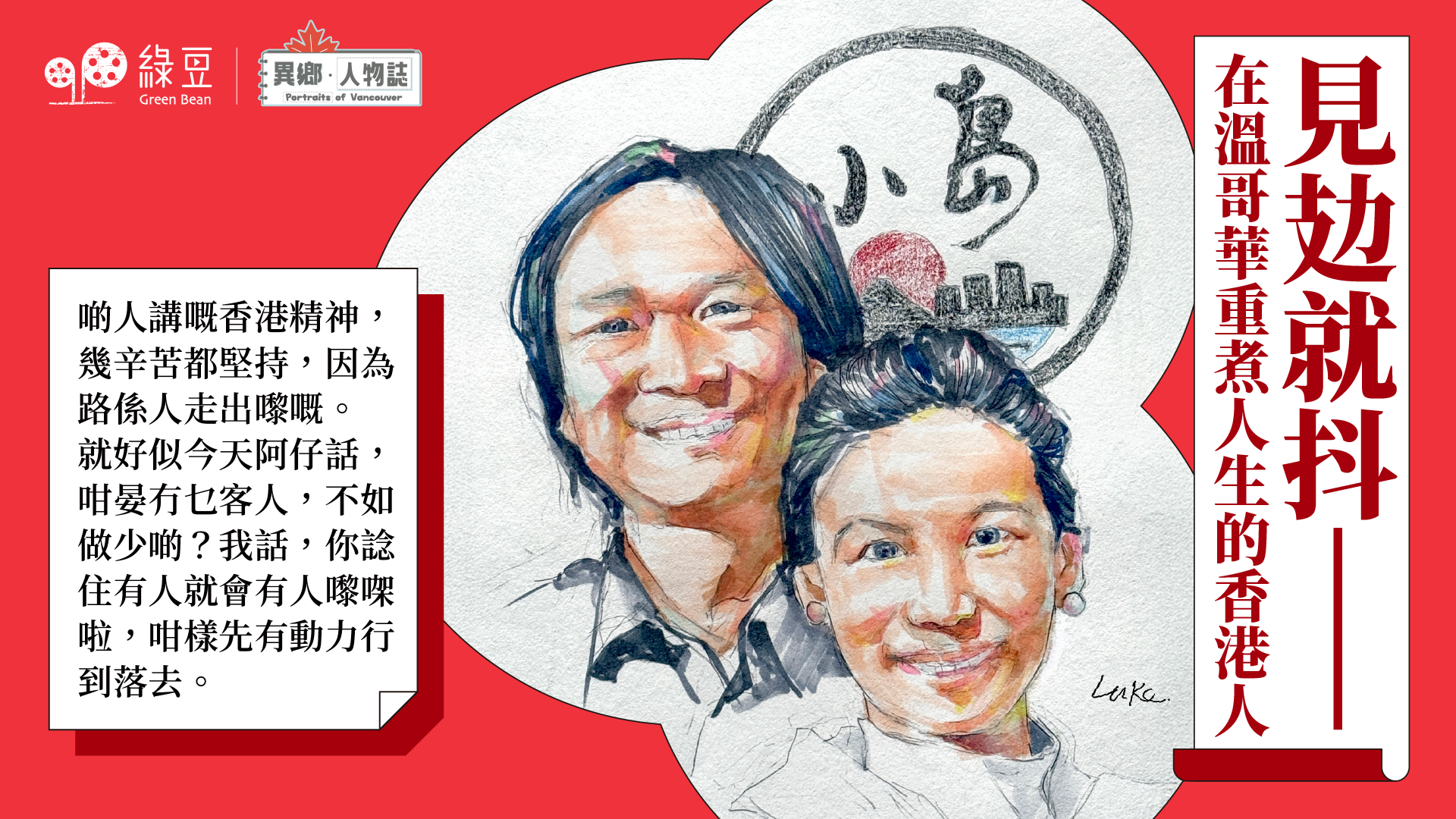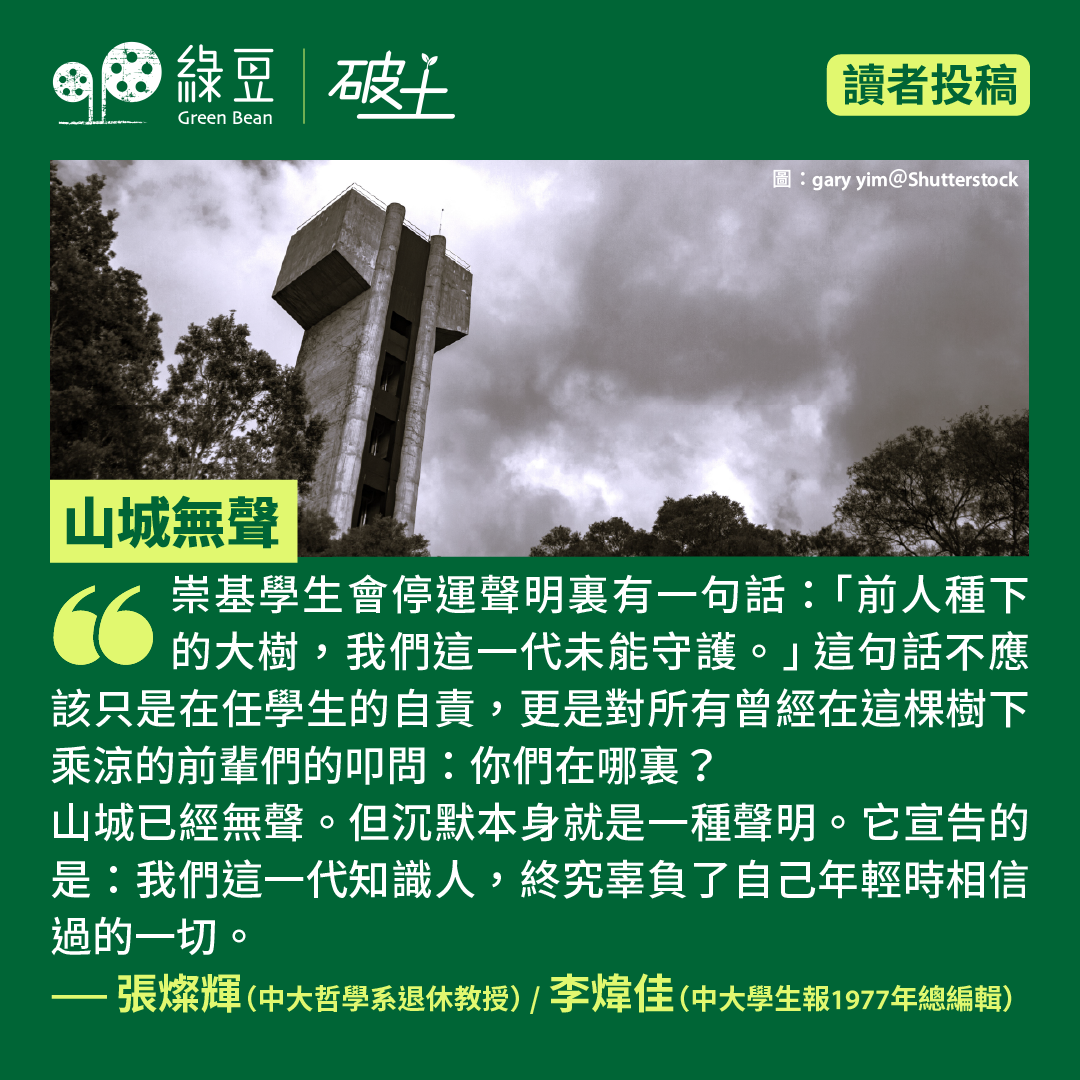China comes a long way to live with Covid

Flashed back to July, four University of Hong Kong pandemic experts called on the Hong Kong Government to move towards population immunity via a combination of vaccination and natural infection. Doing so, they said, could speed up a return to normalcy.
They urged a gradual lifting of social-distancing measures for some degree of exposure to Covid-19 to build immunity among residents before winter.
The experts stopped short of mentioning “living with the virus”, which has been deemed as a taboo and a challenge against China’s “dynamic zero infection” grand strategy. But still, it had rubbed the sensitive nerves of government officials.
In a quick, veiled rebuttal, Secretary for Health Lo Chung-mau warned that “policy-making does not depend on a certain theory.”
He was referring to the herd immunity, or community immunity theory that has been widely adopted by countries around the world since early this year, which was aimed at restoring normal life as soon as possible.
Calls from the HKU experts, including two government advisers, had gone nowhere. The rest is history. It was only until last week that the city’s Covid-19 rules were drastically relaxed, thanks to an even bigger change of China’s Covid-19 strategy.
Call it shock therapy or community immunity, Beijing’s zero-Covid strategy took a shocking turn towards living with the virus early this month. Mass testing and quarantine requirements were scrapped and the use of the health code system reduced.
It came in the wake of more signs of a devastated economy as shown in poor economic data and, perhaps more importantly, a sea of public anger over draconian anti-Covid measures as evidenced in “white paper” protests in major cities.
From Wednesday, China’s health authorities stopped reporting asymptomatic coronavirus cases, which account for most infections, as many people without symptoms are no longer getting tested.
The discrepancy between actual and reported case numbers will no doubt be widened.
The current state of Covid infections in the mainland has become anybody’s guess. But there are plenty of signs of massive infections on their social media. Fearful of infections, citizens snapped up medicines for fever and flu.
Fears of mass infections among the population overburdening the healthcare system loom.
Instead of a soft landing, China is heading towards a hard landing of the pandemic, which is likely to get worse before it gets better. How the shock therapy approach works out in the next few weeks appears to be crucial.
Adopted as the guiding principle of the battle against the pandemic, the zero-Covid policy showed signs of a major turn last month when the authorities issued 20-point guidelines to “fine-tune” the policy. The aim was to lessen disruption to people’s life and the economy. It was followed by a 10-point plan unveiled on December 7.
The term “zero-infection” has quietly disappeared from the Covid-talk. The sharp change of policy could not be more intriguing.
In a report delivered at the watershed 20th national congress of the Chinese Communist Party’s central committee in October, Xi, in his capacity as general secretary, defended the zero-Covid strategy.
Speaking at the first Politburo Standing Committee meeting in early November, Xi said: “We should firmly implement the general policy of dynamic zero (Covid)… and protest people’s lives and health to the greatest extent possible, while minimising the impact on economic and social development.
With hindsight, the emergence of the so-called “white paper protest” in late November marked the beginning of the end of zero-Covid policy.
Seen as Xi’s flagship policy, tight Covid control had been hailed a success at the early stage of the pandemic in curbing the spread of the virus and keeping death rate low. But the price to pay for disruption to people’s life and the economy has become unbearable with the pandemic refusing to go.
In view of the tight social control plus harsh laws on the mainland, the outburst of protests with young people taking an important role is indicative of the depth of public discontent over not just the loss of freedoms but the worsened economy. Patience and tolerance are running out.
As the battle against the pandemic enters a critical phase and information is sketchy, it is difficult to tell what may happen. But given the huge population and deficiencies in the healthcare system, the ruling party under the leadership of Xi is facing a big test with no magic one-jab solution. Failure to have a safe landing of the pandemic could be costly to Xi’s rule and the economy, at least in the short-run.
▌[At Large] About the Author
Chris Yeung is a veteran journalist, a founder and chief writer of the now-disbanded CitizenNews; he now runs a daily news commentary channel on Youtube. He had formerly worked with the South China Morning Post and the Hong Kong Economic Journal.





